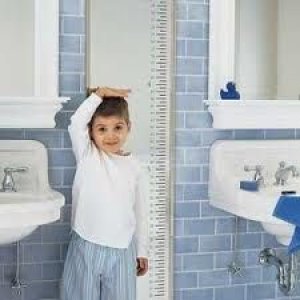
All iLive content is medically reviewed or fact checked to ensure as much factual accuracy as possible.
We have strict sourcing guidelines and only link to reputable media sites, academic research institutions and, whenever possible, medically peer reviewed studies. Note that the numbers in parentheses ([1], [2], etc.) are clickable links to these studies.
If you feel that any of our content is inaccurate, out-of-date, or otherwise questionable, please select it and press Ctrl + Enter.
Short stature of a baby is a consequence of fertility drugs
Last reviewed: 01.07.2025

New research has found that women who took fertility drugs give birth to shorter babies. The study found that boys whose mothers used fertility drugs were on average 3cm shorter between the ages of 3 and 10 than boys whose mothers did not use any medication. The same was true for girls, but the difference was not as pronounced.

The findings were surprising, the researchers said, because previous studies had shown that babies conceived through in vitro fertilization, which also uses drugs to help conceive, were taller than babies born naturally. A follow-up study is planned to see if the height difference evens out at older ages.
However, there are opponents of this opinion, noting that the evidence found about the connection between height and medications is unconvincing. It is also a known fact that the height of a child depends on the height of his parents and their weight. Height is a very complex feature, depending on many factors, including the environment in which the child grows and the food he eats. Although one should not deny the fact that ovarian stimulation with medications leads to changes in certain genes of the embryo.

 [
[